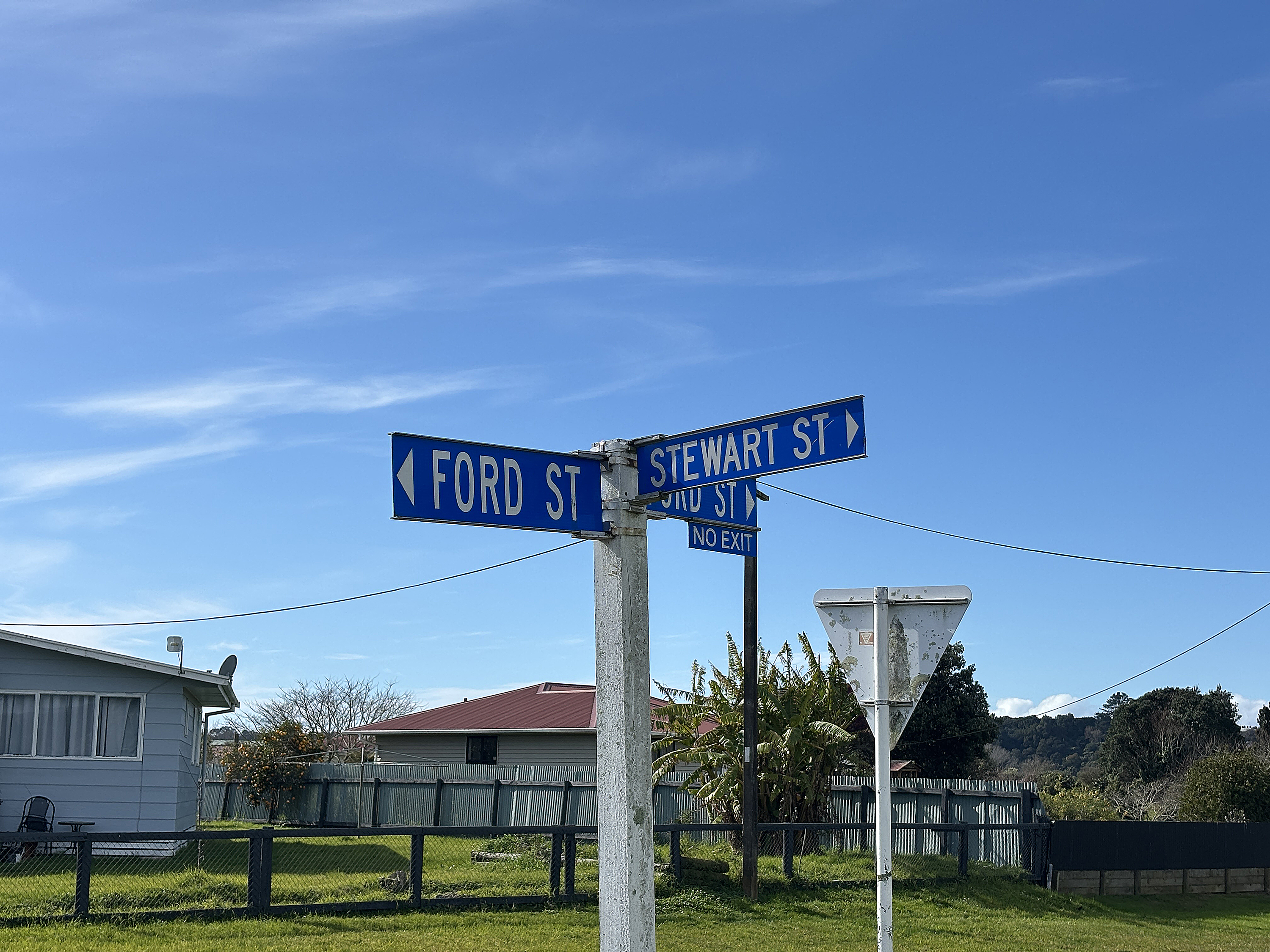Kāinga Ora review impacts

Brianna Stewart
Eight new Kāinga Ora houses will no longer be built in Ōpōtiki after a review by the government agency.
Kāinga Ora has cancelled 212 projects nationally, which were projected to add nearly 3500 homes to the state housing stock.
The cancelled Ōpōtiki projects are on High Street, Princess Street and Stewart Street.
Proposed developments on Buchanan Street and Ford Street, delivering a total of 15 houses, are pegged to continue.
Kāinga Ora expects 12 homes to be completed at 52-54 Ford Street by mid-next year.
Three homes on Buchanan Street are expected to be completed the following year.
Whakatāne will lose out on 72 proposed houses, while 23 are expected to proceed.
The cuts were announced as part of a push to get Kāinga Ora on more financially sustainable footing.
Ōpōtiki Mayor David Moore said although it was disappointing that eight houses were cancelled, he was grateful for what Kāinga Ora had provided the town.
“Although it’s disappointing that the others aren’t carrying on, I’m forever hopeful that other parties might pick them up.”

Mr Moore said Ōpōtiki District Council could not manage a development themselves, but their business partners or other developers might be up to the job.
“It’s based on hope more than anything else, that someone else picks it up and carries on these projects. Fingers crossed they make this land available so that someone else can then provide those houses.
“I’m very grateful for everything we got in the first place and totally understand the direction the Government is taking. Am I disappointed? Yes. But you’ve just got to remember that we got a lot more than initially planned.”
Social problems and housing issues were closely linked, Mr Moore said, which cost society.
He said the proceeding projects would not meet the housing needs in town.
“It’s obvious it’s not going to meet the need.”
The number of new homes delivered by Kāinga Ora in a financial year is dependent on funding allocated by the Government.
Kāinga Ora has funding to add 2650 new homes to the national state housing stock before June next year. Of the 466 projects reviewed, 212 have been cancelled. They would have provided 3479 homes.
The proceeding 254 projects are expected to add 1821 homes to the state housing stock.
In deciding what projects should proceed, Kāinga Ora prioritised locations where they were being asked to deliver new homes, or where upgrading older homes is a priority.
They also assessed costs and proposed plans for the projects, checking if they still stacked up financially, or if they thought there were better options for using the site.
Chief executive Matt Crockett said a review of the organisation’s projects and vacant land holdings was essential in ensuring only projects that made commercial sense were progressed.
The review also means that land deemed to be surplus to requirements will be sold. Kāinga Ora intends to sell about 36 hectares – or about one fifth – of its vacant land from around the country.
“Selling this land opens opportunities for others to increase the country’s housing supply,” Mr Crockett said.
“We will hold onto the rest of the land we own for now for possible future development.”
Proceeds from any land sales will either be reinvested in new housing or used to help reduce debt.
“The decisions made because of these reviews allow us to move forward with confidence into the next phase of our reset, but they do require us to make one-off accounting write downs of between $190 to $220 million. The exact figure won’t be known until our end of year financial accounts are audited.”
There were 251 people in Whakatāne waiting for public housing at the end of June, 58 fewer than a year ago.
In Ōpōtiki, there are 86 people on the public housing register, compared to 91 a year ago, and Kawerau has 54 people down from 64.
Kāinga Ora manages 531 public homes in Whakatāne, which is an increase of five compared to last year.